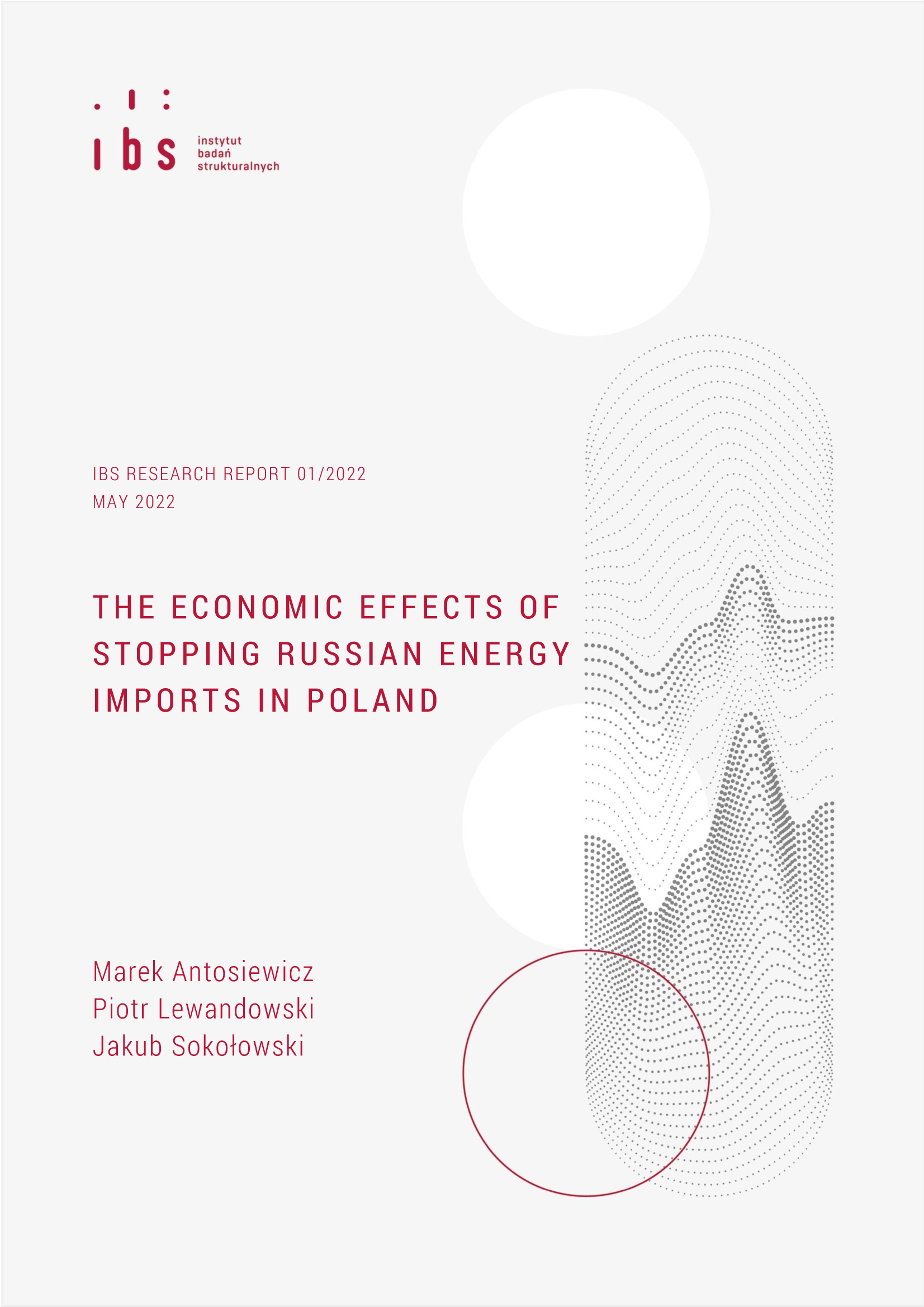We estimate the macroeconomic and distributional effects that a ban on fuel imports from Russia would have in Poland. We simulate the embargo as a hike in oil, gas and coal prices, and evaluate the macroeconomic effects with a dynamic general equilibrium model. We soft-link it with a microsimulation model based on Household Budget Survey data to assess the impacts on various income groups. We find that the effects of an embargo on Russian fuels would be substantial but manageable. Depending on the severity of the price hikes, we expect Poland’s GDP to be lower by 0.2–3.3% by the end of 2022, and by 2.1–5.7% by 2025. Furthermore, depending on the price increases, high-income households would spend an additional 0.2–1.3% of their incomes on energy in 2022 and 0.7–1.6% in 2025, and low-income households would spend 0.3–4.7% more of their incomes on energy in 2022 and 2.6–4.8% in 2025. We suggest direct money transfers to less affluent households, and investments in alternative gas and oil supplies, energy efficiency, renewable energy and nuclear power as instruments that could ease the negative economic impacts of the embargo.


